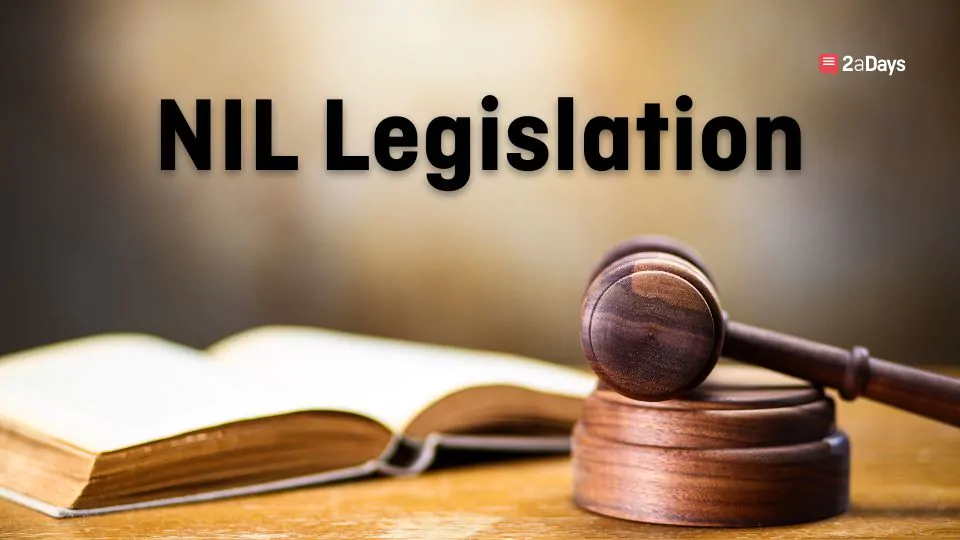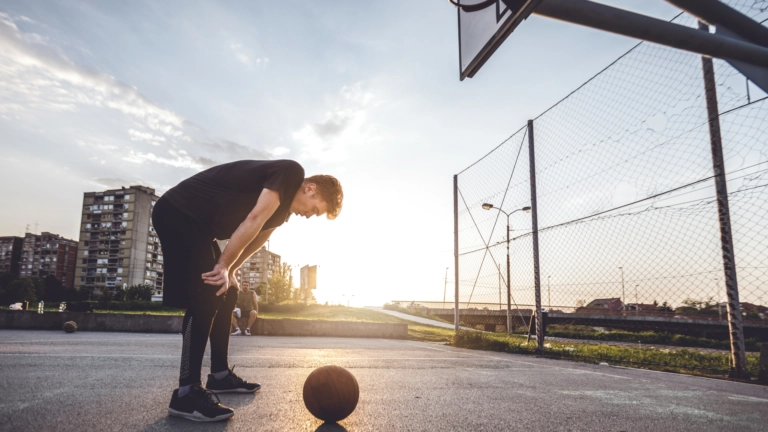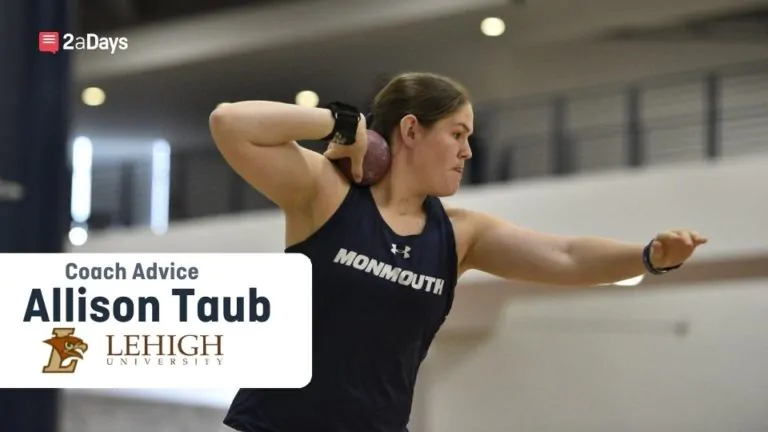Name, image, and likeness presents its own unique challenges in college athletics, specifically within the legal realm of things. Federal legislation has been making its way through the congressional chambers, primarily to find ways to protect players from shady businesses and other nefarious third parties attempting to take advantage of unsuspecting college athletes. However, with legislation coming into play, there's questions among athletics about the stance of amateurism and especially in regards to fairness within Title IX.
Related: Where Title IX and the NIL collide
The first key to understanding federal regulations about NIL will be what is primarily discussed. Revenue sharing, eligibility for drafts, and amateur rulings are key to these bills, one of the biggest hurdles being fairness among programs in possible revenue sharing. The Supreme Court has ruled in favor of college athletes after striking a hard blow to amateurism in the 2021 NCAA vs. Alston case, but Congress has yet to truly understand the limitations of institutions, athletes, and third parties when they involve large sums of money.
Revenue Sharing
The concept of athletic amateurism is defined by its unpaid nature, as within this framework participating in sports in exchange for payment is what makes sports professional. In college athletics, NIL is a way to receive money via a third party for your services, and its nature doesn't necessarily state that it has to be sport related. But athletes receive money, so would that make them professional athletes? This is a question that could be answered with revenue sharing, as there is legislation being proposed that would require universities to share ticket sales with their athletes. However, revenue sharing might only be beneficial and profitable to those in college football, as most athletic programs lose money for universities.
Revenue Sharing and Title IX
What does this have to do with Title IX? Revenue sharing could present an issue, as schools will acquire less profit because they are sharing it with players, there will be more incentive to maximize profits. To maximize profits, programs will be cut or given smaller budgets, affecting small programs, especially women's programs that are losing money at faster rates. However, this doesn't mean that female athletes are at fault for cuts to men's programs–many athletic departments are guilty of overspending on a variety of levels from football coach salaries to game day rituals (like many universities that house football teams at hotels for home games).
Related: How NCAA Spending Ignores Title IX
Regardless of who is at fault, revenue sharing could send shock waves across college sports. Russell Luna is a former Assistant Director of Media Relations for the Big 12, and former Communications Director for West Virginia, believes that “if revenue sharing is in place, that's it–it will all be football,” suggesting that athletic departments will prioritize their football teams if they have to engage in business partnerships with them.
Title IX and NIL Legislation
In spite of popular belief, NIL itself is not a Title IX violation. Because NIL activities are outside of the universities themselves, it does not interfere with the provisions given in Title IX, which have to do with the inner workings of universities and how they allocate resources. However,
alumni collectives, a popular model of NIL deals in college football and basketball, where university alumni gather money to distribute to the given team's players, are a bit of a gray area here. While not a part of the university officially, athletic departments can have close ties to the collectives that will be giving money as a third party. The closer the link, the more likely there is to be a Title IX violation waiting to be uncovered.
Unique Opportunities
None of this means that NIL is bad for female athletes–in fact, the opposite is true. When most people think of profitability in college sports, they probably think of football and men's basketball, but many of those players do not remain in college too long if they are star players. They become draft eligible for the NFL in 3 years, and the pro football market will present more opportunities for financial stability than NIL. In men's basketball, you can enter the draft out of high school, one good year in the NCAA will give you a great opportunity to be drafted into the NBA. Female athletes stay longer in college, or in the case of olympic sports, they participate in the olympics while enrolled in school.
“Anyone who does brand building or marketing knows that you need a solid two to three year campaign,” Luna said. “Women in athletics stay on campus for typically four to six years with eligibility, and on top of that, they're typically more involved in the community through service and university events.”
Looking further down the years, as NIL becomes less of a frontier and more of an expectation, the NIL marketplace may benefit those who stay longer in the school. NIL can then become less about promoting products and more about maintaining relevance: those who leave early may not get the best opportunities for their NILs, which, as a bonus, can encourage athletes with professional potential to stay in school longer.
Have an idea for a story or a question you need answered? Want to set up an interview with us? Email us at [email protected]
* Originally published on December 1, 2022, by Jenaro DelPrete







